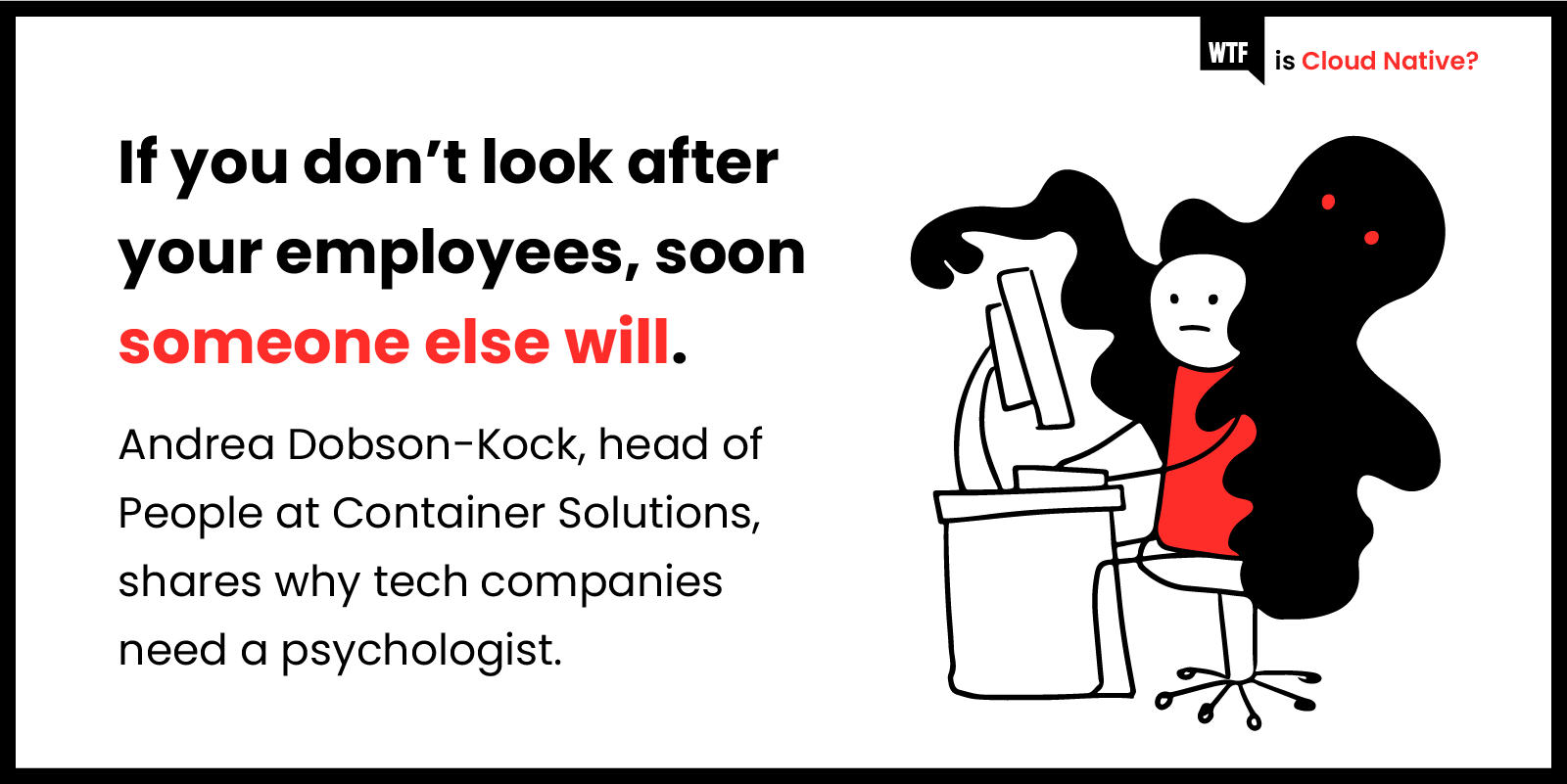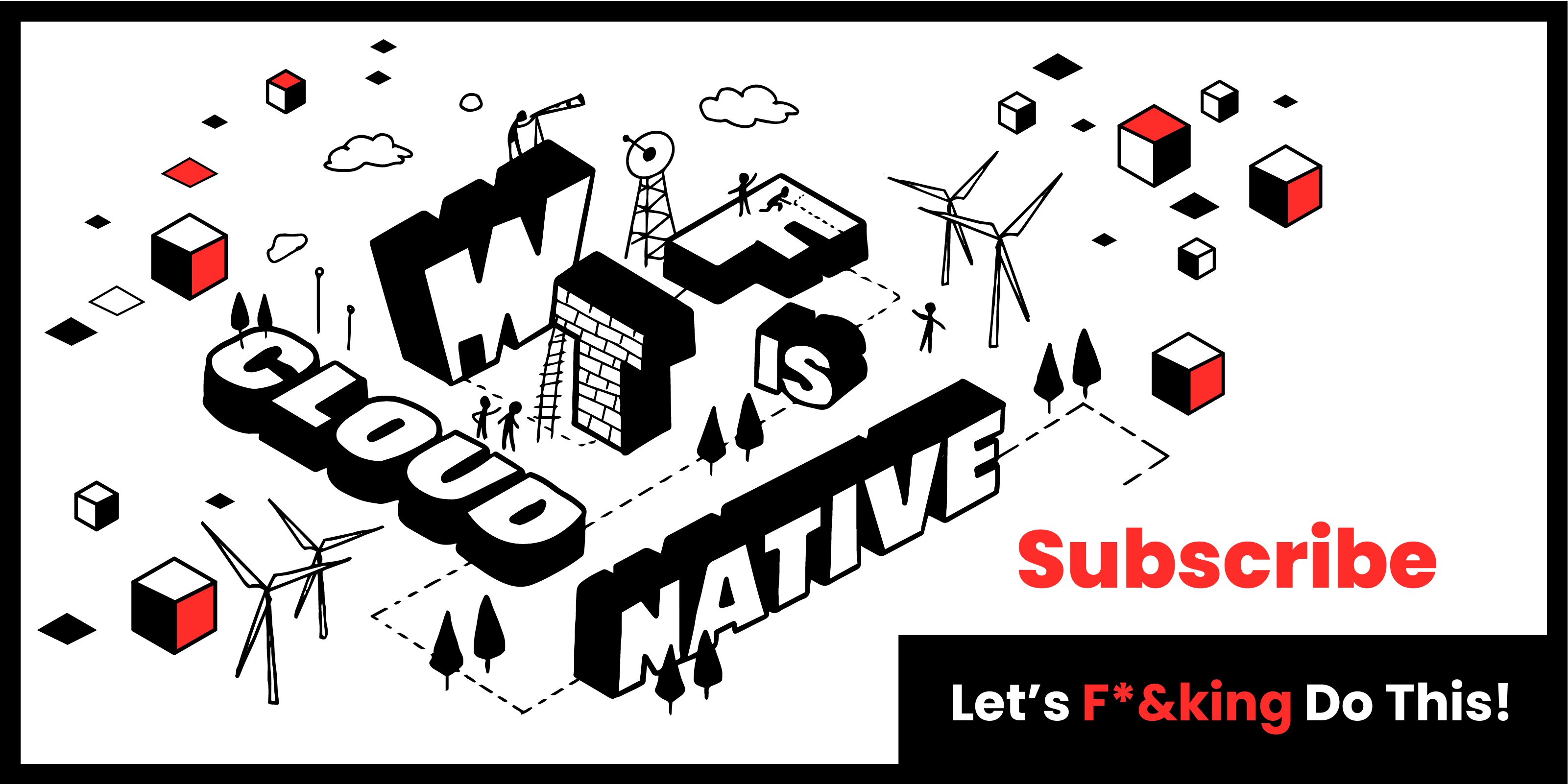The technology workforce is more likely to suffer from mental health issues than the general population is. According to a 2019 survey by Open Sourcing Mental Illness (OSMI), a nonprofit organisation that advocates for more conversation about mental health in the tech field, about 42% of tech employees are currently suffering from some sort of medically recognised mental health condition.
By comparison, roughly 1 in 5 Americans are experiencing a diagnosable mental illness at any given time, according to the US National Institute of Mental Health. In Europe, about 1 in 4 people each year suffer from depression or anxiety, according to the World Health Organization.
In the OSMI survey, 30% of participants said they still feel uncomfortable talking about mental health with their direct supervisor, and 67% have never discussed mental health with their employer. At the same time, 77% report that their work productivity is impacted by mental health.
The global economy loses roughly $1tn (or about €831bn) in lost productivity each year due to workers suffering depression or anxiety, according to the World Health Organization.
What does this data tell us? Is there still a taboo on talking about mental health even though the impact it has on our work is immense? And why does mental health impact engineers so disproportionately to the general population?
As a trained counseling psychologist (I hold a masters degree in clinical psychology and worked for a decade in mental health clinics) I have been in the fortunate position to support the mental health of every employee within Container Solutions, whether through direct support of individuals or by helping managers support their employees.
I joined Container Solutions early in 2016, starting out with coaching and supporting the hiring process. That grew out to a leading role in recruitment and later leadership of the Talent team in 2019. We now have formed a People team, consisting of recruiters, psychologists, and human-resources specialists.
The tech boom
The tech industry is a young and, in a way, a unique industry. The growth of the industry has exploded, with plentiful job opportunities. But working within this industry can be demanding: working within strict deadlines, not enough resources, and high expectations. No wonder techies feel stressed out!
Stress is an evolutionary phenomenon; It turns on the physical and psychological fight-or-flight mechanisms via the sympathetic nervous system in response to threat and danger.
The issue with tech is that those deadlines, lack of resources, and high expectations all trigger psychological stress, which in turn makes it harder for people to relax, sleep, and digest. This can turn into a self-reinforcing vicious circle quickly and has the potential to develop into more serious conditions like burnout, anxiety, and depression.
How does mental health impact the work we do? What does it look like and how can we help each other in overcoming the taboo?
Feeling nervous, or just bloody scared!
When we feel anxious, we trigger our alarm system. The brain will respond in three key ways: fight, flight, or freeze. This is pretty normal and pretty important. The brain will always pick a response in order to guarantee survival.
At work, when we feel scared— for example, before a meeting or presentation—our fight response might look like this: you (over)prepare your work, making sure everything is perfect. Our key fear might be triggered by the thought of looking incompetent or failing.
In a flight response, we see elements of running away from the source of fear: for example, not speaking up in situations like meetings, or simply just not turning up. Avoidance is also a very common response, which could see educated and skilled employees not taking on more challenging work or putting their hands up.
Most who suffer from these emotions, do not tend to talk about them—either through feelings of shame or fear of rejection. It is therefore essential that we create a culture in our organisation that normalises talking about emotions. Management and middle managers need to be able to have these conversations with their employees; feeling comfortable talking about other people’s emotions requires that you be comfortable talking about emotions too.
This is where our psychologists come in; we work with managers and employees at the same time, making managers more comfortable and competent in discussing emotional content and supporting employees by coaching them through their emotional problems. We believe, as psychologists, that development in your role can be focused either on technical skills (like learning a new programming language) but also on your personal and emotional development. And just as the lack of a technical skill can hold you back, your lack of personal development can also hold you back.
Showing care for the well-being and growth of others is a core value of Container Solutions; it’s also known as the Humanistic Management approach. This approach places people at the centre of a successful business. Only through our people can we truly reach our full potential.



 Previous article
Previous article
